Foraged food is nutritious and foraging reduces food miles, saves money, and connects us with our local environment. Preservation techniques enable us to enjoy our harvest for longer, as well as preventing food waste and ensuring the year-round availability of local produce. We support local residents to start foraging and preserving with our year-round workshop series.
We offer wild food foraging workshops led by local Wild Food Educator, Ella Milburn. Ella is an expert instructor who teaches us how to identify, harvest, and prepare a wide range of wild foods found in Bath. Ella also provides insights into the nutritional value, cultural significance, and culinary uses of local plants, as well as safety and sustainability considerations when foraging. If you are new to foraging, we recommend that you join one of our walks to begin your foraging journey and learn more about foraging in Bath. Ella’s workshops are also suitable for those with more experience. A variety of wild plants can be found in Bath with a range of applications in cooking.
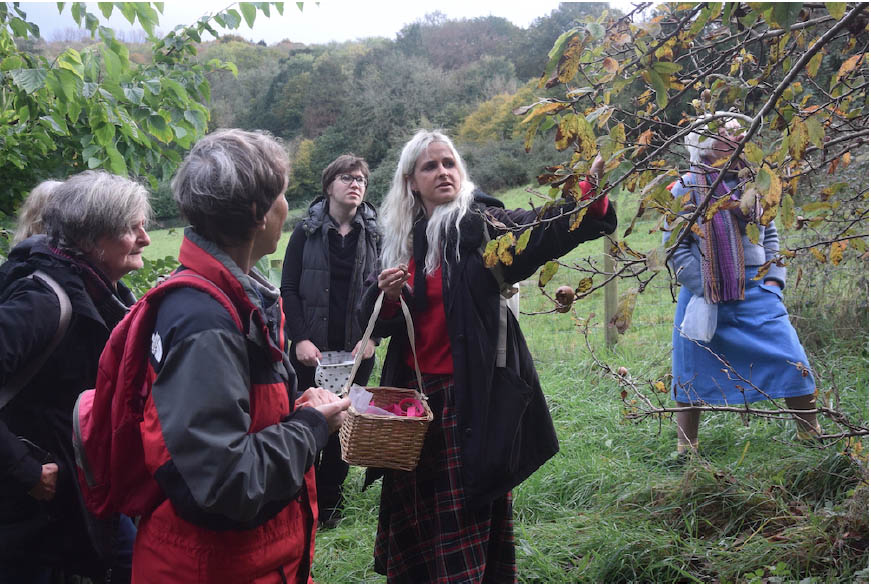
Flavourful herbs such as garlic mustard, marjoram, and wild garlic can be added to pasta, soups, and potage. Plantain, wild asparagus, and sorrel leaves can be enjoyed in a salad. Local foraged food can also be used to prepare alternatives to ingredients such as pesto, chia seeds, and green tea powder. Foraging is permitted in most public spaces, including woodlands, parks, and hedgerows. Wild plants can be found at the Smallcombe Nuttery (and the surrounding area), parts of the Bath skyline, around Kensington Meadows, and along the Two Tunnels Greenway. The Smallcombe Nuttery also contains fruit and nut trees which are free to harvest from. Many of our workshops will take place in and around the nuttery.
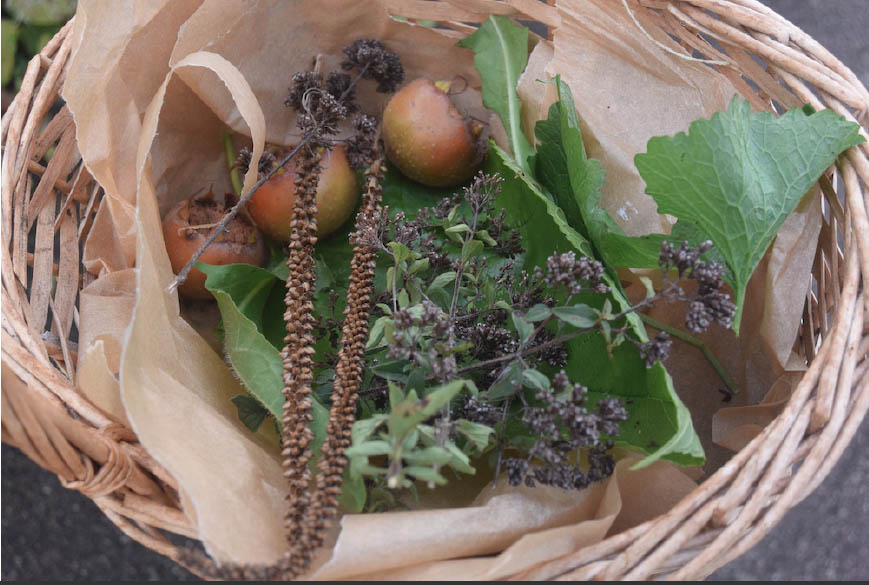
Safety warning
When foraging, be safe: do not consume any species that you are not certain that you have identified correctly. When trying a new wild plant, try a small amount at first and wait a day or so to make sure it agrees with you before having more. Do not forage near polluted roads. Harvest only in abundant areas and try to pick from multiple patches rather than one. This maintains an abundance of food for animals and other foragers. Never uproot wild plants. Dates and venues for our foraging workshops will be posted on our events page. You can also sign up to our newsletter to receive news about future workshops.
Food preservation techniques
Food preservation techniques maintain the nutritional value, texture, and flavour of food over time. While we are accustomed to buying mass-produced cans and pickles, food preservation techniques can also be used at home and many are easier than you might think. Some common home preservation techniques are:
• Fermentation: anaerobic microorganisms digest carbohydrates to alcohols, essential for the production of various foods including cheese and yoghurt.
• Salting: salt reduces the water content of stored foods, preventing microorganism growth.
• Pickling: the high acid content of vinegar prevents microbial growth.
• Oiling: preserving food in oil isolates food from air, creating a seal that prevents microbial growth.
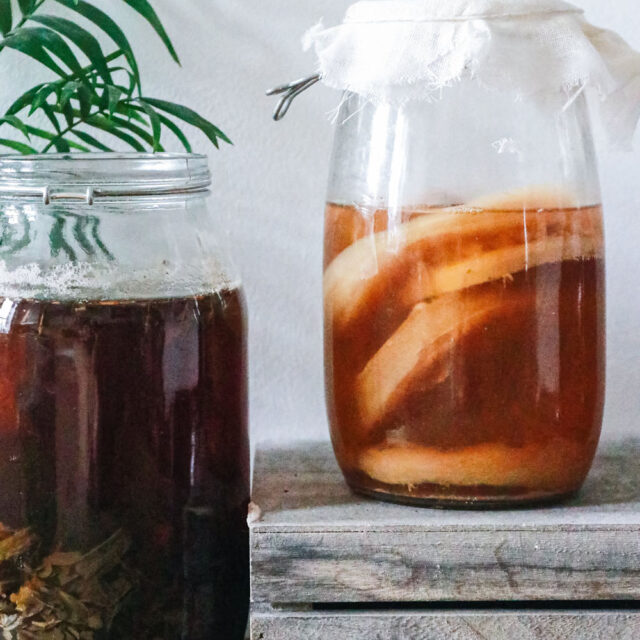
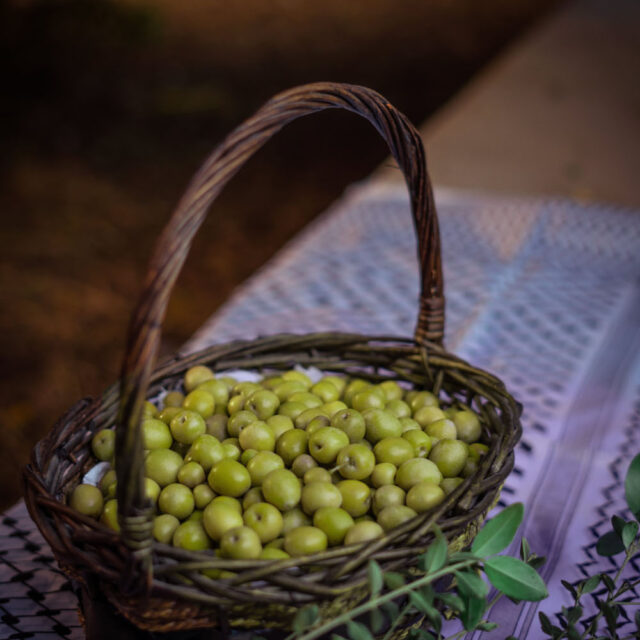
Preservation workshops
Our preservation workshops cover a range of preservation techniques. They are perfect for anyone who wants to get started in food preservation, or add to existing knowledge of preservation techniques. The workshops include demonstrations of the preservation methods as well as practice using them so that you can make your own preserved food to take away with you.
We also have apple juicing equipment available to borrow, including a crusher, press, and pasteuriser, so that you can make apple juice from excess apples. These are available to borrow for free for those who have attended one of our workshops.
Dates and venues for our preservation workshops will be posted on our events page. You can also sign up to our newsletter to receive news about future workshops.
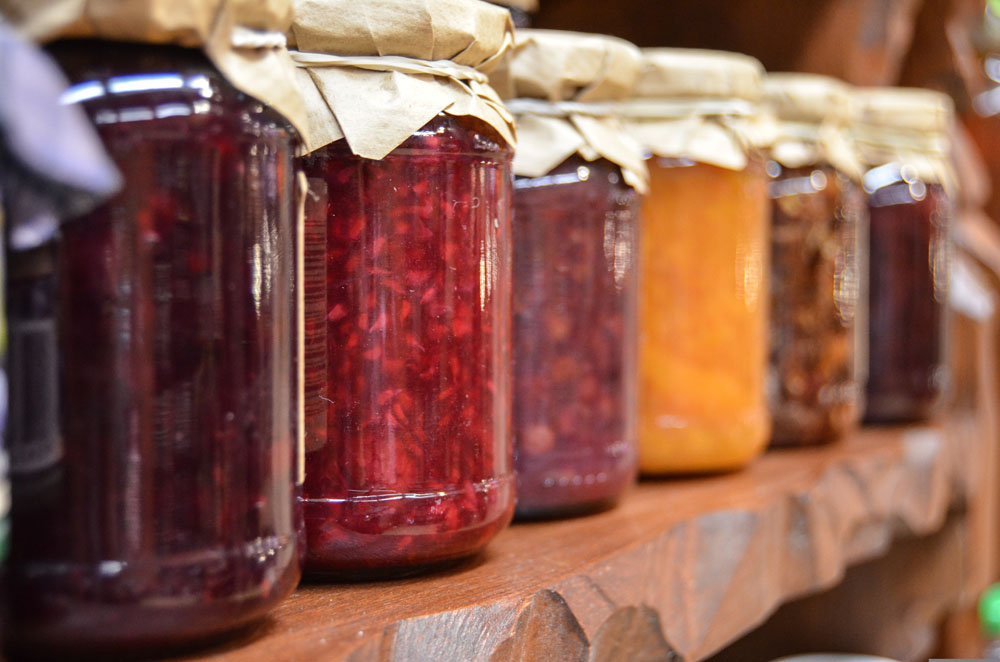
Equipment available
The food group has a set of household-sized apple juicing equipment: crusher, press and pasteuriser. It’s available for hire to local families and groups who’ve attended one of our regular workshops.